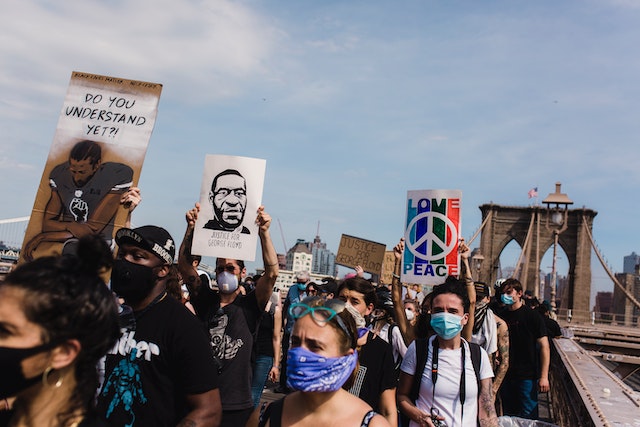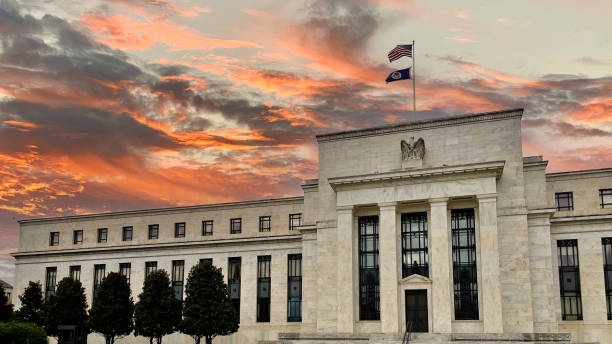The aftermath of George Floyd’s tragic death sparked widespread protests across the United States, with citizens demanding justice and an end to police brutality. As a result, numerous individuals found themselves arrested during these demonstrations, facing legal consequences for exercising their right to protest. However, in a significant development, New York City has recently decided to pay a staggering $13 million to protesters who were arrested during the George Floyd protests. This article explores the implications of this unprecedented payout, shedding light on its significance and the potential impact it may have on the pursuit of justice.
Understanding the $13 Million Payout:
New York City’s decision to allocate $13 million to protesters arrested during the George Floyd protests is an acknowledgement of the difficulties faced by these individuals, both during their arrests and afterward. This substantial payout serves as a symbolic gesture that recognizes the importance of standing up against racial injustice and excessive use of force by law enforcement.
The Importance of Justice:
Justice has been a crucial demand of the protesters who took to the streets following George Floyd’s untimely death. By compensating those who were wrongly arrested during the protests, New York City sends a message that it acknowledges the wrongs committed and takes responsibility for the impact these arrests had on the lives of individuals involved. The payout aims to provide some form of restitution and acknowledges the need for reform within law enforcement agencies.
Accountability and Police Reform:
One of the fundamental goals of the George Floyd protests was to hold law enforcement accountable for their actions. By providing financial compensation to those arrested, New York City takes a step toward recognizing the failures in the system and seeks to rectify the harm caused to innocent protesters. This payout serves as a reminder of the urgent need for comprehensive police reform, addressing issues such as training, accountability, and community engagement.
Implications for Future Protests:
The $13 million payout by New York City sets a precedent for other cities and states grappling with similar situations. It highlights the significance of upholding the rights of protesters and recognizes the need to protect those who raise their voices against injustice. This landmark decision may embolden other jurisdictions to reassess their own approaches to handling protests and consider the potential repercussions faced by arrested demonstrators.
Conclusion:
New York City’s decision to pay $13 million to protesters who were arrested during the George Floyd protests represents a notable step towards justice and accountability. The significant payout underscores the impact of these arrests on the lives of individuals involved and sends a powerful message about the need for police reform. As we reflect on this unprecedented move, it is crucial to recognize the continued importance of peaceful protests and the significance of standing up against systemic injustices. It is our hope that this payout serves as a catalyst for positive change, inspiring other cities and states to prioritize justice and work towards a more equitable society.












